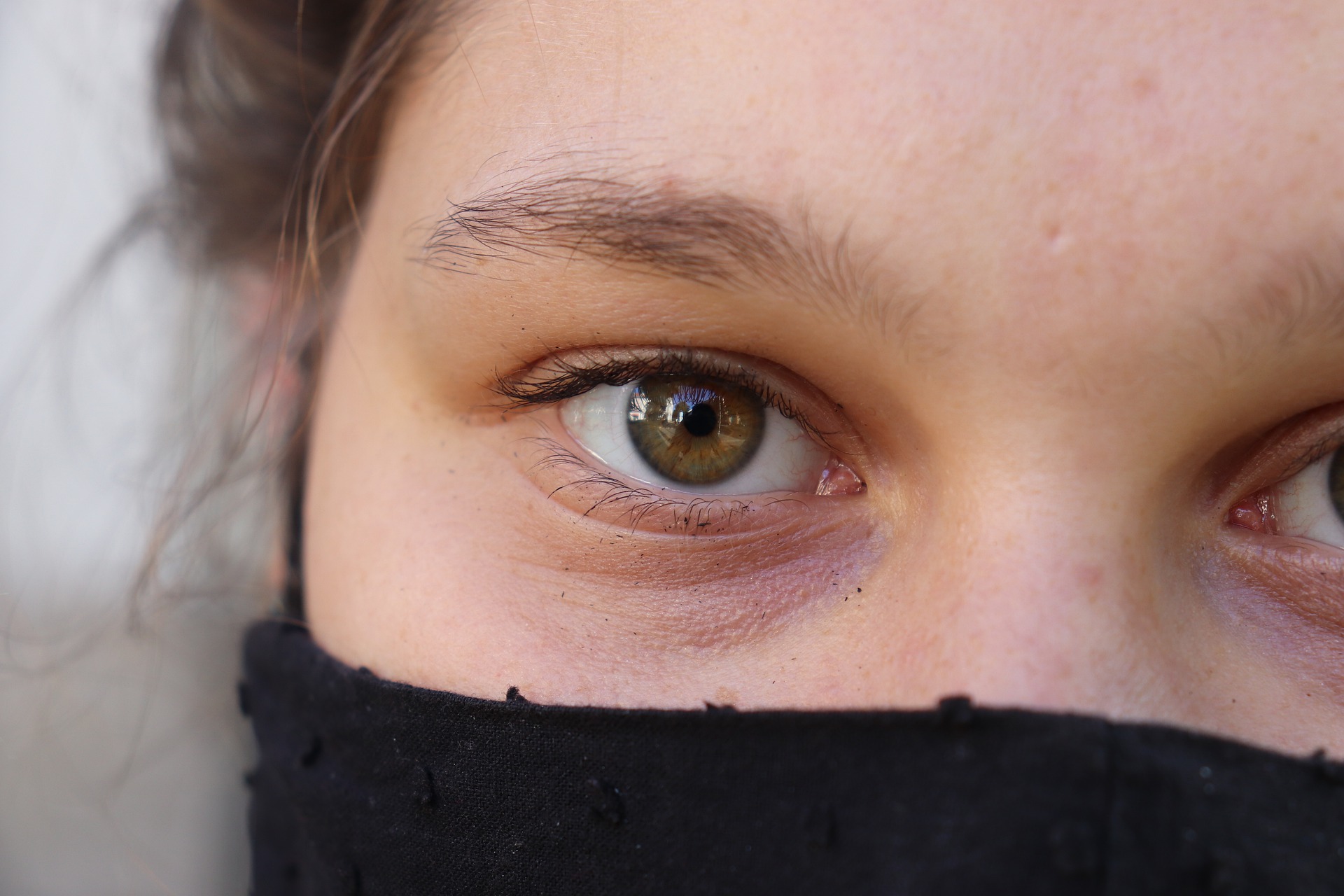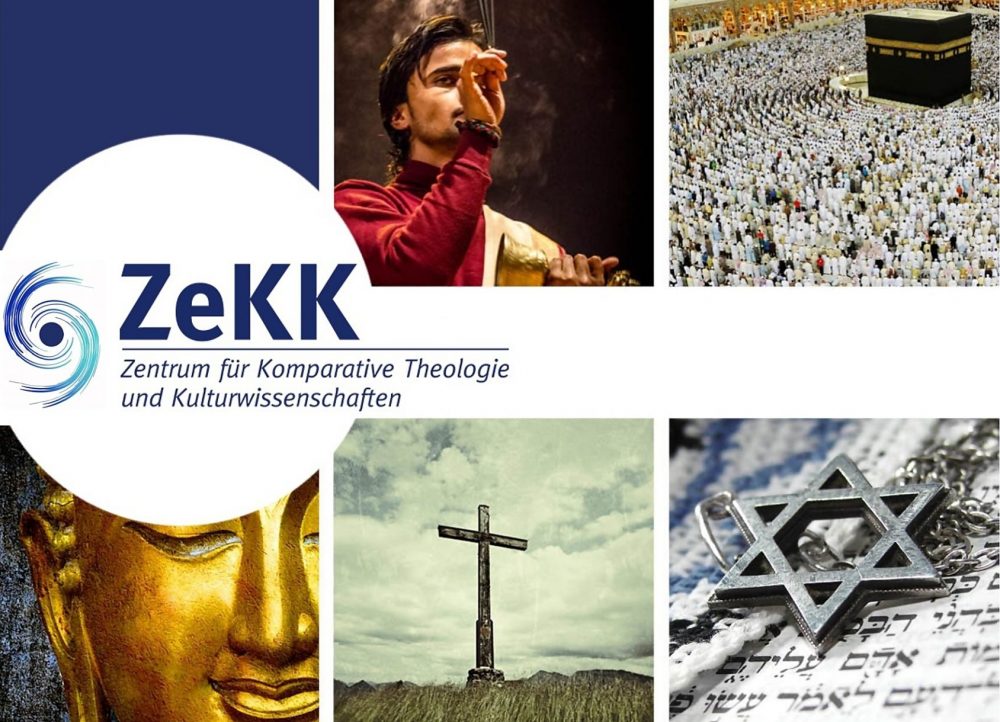As Christmas draws near, many of us are faced with a painful choice: should we meet our parents, grandparents and vulnerable relatives, possibly exposing them to the dangers of the COVID-19 virus? Or do we spend the holidays alone, hoping that by this time next year there will be a vaccine that allows us to be with our families safely once again?
The hope that things will slowly go back to normal might be enough to keep some of us going through this dark winter without being able to see our loved ones. But we should never forget that what might seem normal to us is actually scary, terrifying and dangerous to most people.
While I long for things to return to normal, to go dancing with my friends all night and sitting in a café all afternoon observing people go about their lives, I am haunted by the idea that the normal we will all return to will be a normal that was, for many people, brutish, hellish and miserable. Many refugees and immigrants are forced to leave their homes, often without their husbands, wives, children and parents. Suffering the combined violence of international human trafficking gangs and the inhumanity of nation states that author ever more restrictive and despotic immigration policies, many of these immigrants spend decades, perhaps their whole lives, trying and failing to reconnect with their loved ones. I recently came across a tweet by an immigrant who mentioned that European immigration policies meant that they had not had an opportunity to see their own parents for almost 20 years and could never be with their families at moments of shared joy, grief and trauma, such as the birth or death of a family member. How perverse that we as a culture celebrate the right to a family life yet allow such monstrous separations between family members.
But why must we return to things as they were? The pandemic restrictions and lockdowns allow us to consider whether or not our old ways of doing things were always the best. The pandemic is not just a time to dream about how life used to be also to imagine new ways of living. Many tech companies in California, which drive so much of the innovation that the rest of the world then catches up with, have already announced that they expect their workforce to be working from home for the indefinite future. This is a tremendously liberating move, allowing people to determine how to arrange their work life balance and to embrace greater flexibility in their work schedules. I want to laugh and cry when I consider how much time we all used to waste on journeys to and from our places of work when it turns out we could have been equally effective, if not more so, working from home. The daily rituals of our lives, such as going to work and back home at the end of the working day, often induce a false sense of community, making us think that our lives are more or less similar to those of everyone else. Having our daily routines and rituals taken away from us allows us to reconsider our unique experiences and needs as individuals. Hopefully, the new normal to which we return is one where our individual experiences and needs will not be overlooked.

Dr. Abdul Rahman Mustafa ist Mitarbeiter am Seminar für Islamische Theologie der Universität Paderborn.
